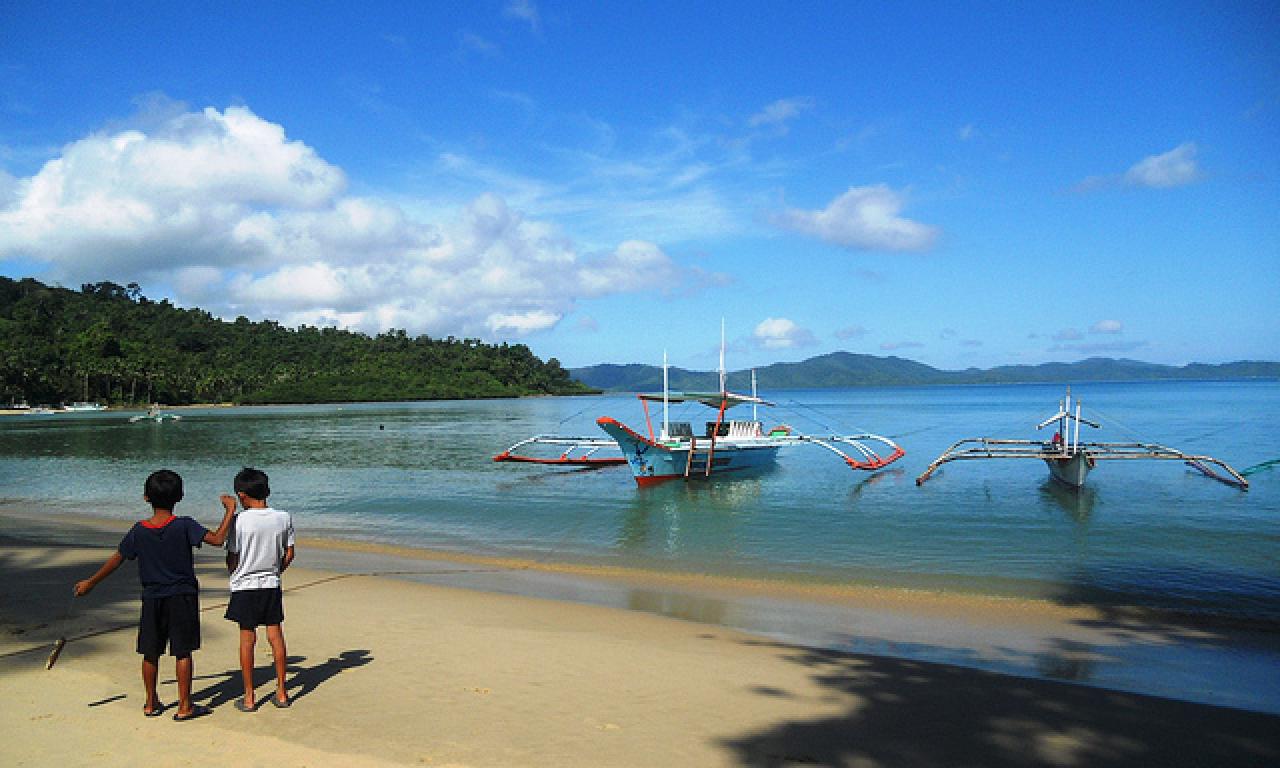
Last week, I read a compelling book by Alex Caveen and co-authors, ‘The Controversy over Marine Protected Areas: Science Meets Policy.’ The book seeks to answer whether strict Marine Protected Areas (MPAs), where all fishing is prohibited, are a better means of protecting exploited fish stocks than conventional fisheries management strategies that include quota restrictions, gear regulations, minimum landing sizes, and multiple use protected areas.
Recommended publications
- Lessons learned and good practices in the management of coral reef marine protected areas
- Effects of marine protected areas on local fisheries: evidence from empirical studies
Last week, I read a compelling book by Alex Caveen and co-authors, ‘The Controversy over Marine Protected Areas: Science Meets Policy.’ The book seeks to answer whether strict Marine Protected Areas (MPAs), where all fishing is prohibited, are a better means of protecting exploited fish stocks than conventional fisheries management strategies that include quota restrictions, gear regulations, minimum landing sizes, and multiple use protected areas.
Opposing Camps
As the title suggests, the book is framed as a conflict between two opposing scientific camps. The Nature Protectionists (NPs) assert that fisheries are in crisis, conventional fisheries management has failed and that MPA networks and large, high seas MPAs are essential for addressing the problem. In contrast, the Social Conservationists (SCs) believe that the crisis narrative is too pessimistic. They argue that, where conventional fisheries management approaches are being applied, fish stocks are improving and the benefits of MPAs for fisheries are assumed, but not adequately tested.
For the NPs, preserving vulnerable species and ecosystems is the primary objective. For the SCs, the value of ecosystems benefits for sustainable development trump the value of biodiversity (I lean in the SC direction).
The authors lay out a convincing case that there is a genuine conflict by charting out the history of the “marine reserves bandwagon”. They also ask some important questions about bias in the peer reviewed literature and the boundaries between science and advocacy.
Conservation benefits, yes; fisheries benefits, not so much
On the question of the benefits of MPAs, Caveen et al draw two important conclusions. The first is that the evidence for a positive effect of MPAs on biodiversity is compelling, especially for the coral and rocky reef habitats where the vast majority of MPA studies have been conducted. So, if the goal is to preserve reef habitats where a more diverse and abundant biological community can flourish, no-take marine reserves are a sound option.
Often the justification for no-take MPAs is that they will also benefit fisheries, whether on reefs or elsewhere. However, the authors conclude, fisheries’ benefits from no-take MPAs are greatly exaggerated.
This second conclusion has important policy implications. In 1970, there were 120 MPAs worldwide. In 2013, the number had reached 10,280. Where the rationale for these reserves, was a benefit to, as well as protection from fisheries, disappointment seems likely, be they on reefs, coastal shelves or the high seas. Indeed, if MPAs are viewed as even a partial substitute for conventional fisheries management, risks to stocks may even increase with their establishment.
SCs support MPAs to protect key spawning grounds or juvenile habitats. They also agree that protecting areas to conserve biodiversity is entirely legitimate, if this is the desired societal benefit. The root of the controversy is the perception of an uncritical imposition of MPAs in both the developed and developing world with an assumed benefit to fisheries.
Guiding principles
Caveen et al offer the most comprehensive effort yet to both examine the evidence for MPA benefits to fisheries and characterize how the debate about them has unfolded. In reflecting on what the book suggests by way of practical guidance to stakeholders debating whether to establish an MPA, I offer two guiding principles.
First, unless careful site-specific analysis suggests otherwise, adopt the baseline premise that a no-take MPA is unlikely to improve the status of fisheries.
Second, if sustaining fisheries is your principle concern, give priority to investing in establishing effective conventional fisheries management measures. It might not always be easy to do, but we know that it works.
Whatever camp you are in, I encourage you to read the book and decide for yourself.
Note: By chance, the day after writing this post, this paper on the effects of no-take zones in the Great Barrier Reef Marine Parkwas sent to me. Written by Rick Fletcher and co-authors it further questions the utility of MPAs for enhancing fisheries.